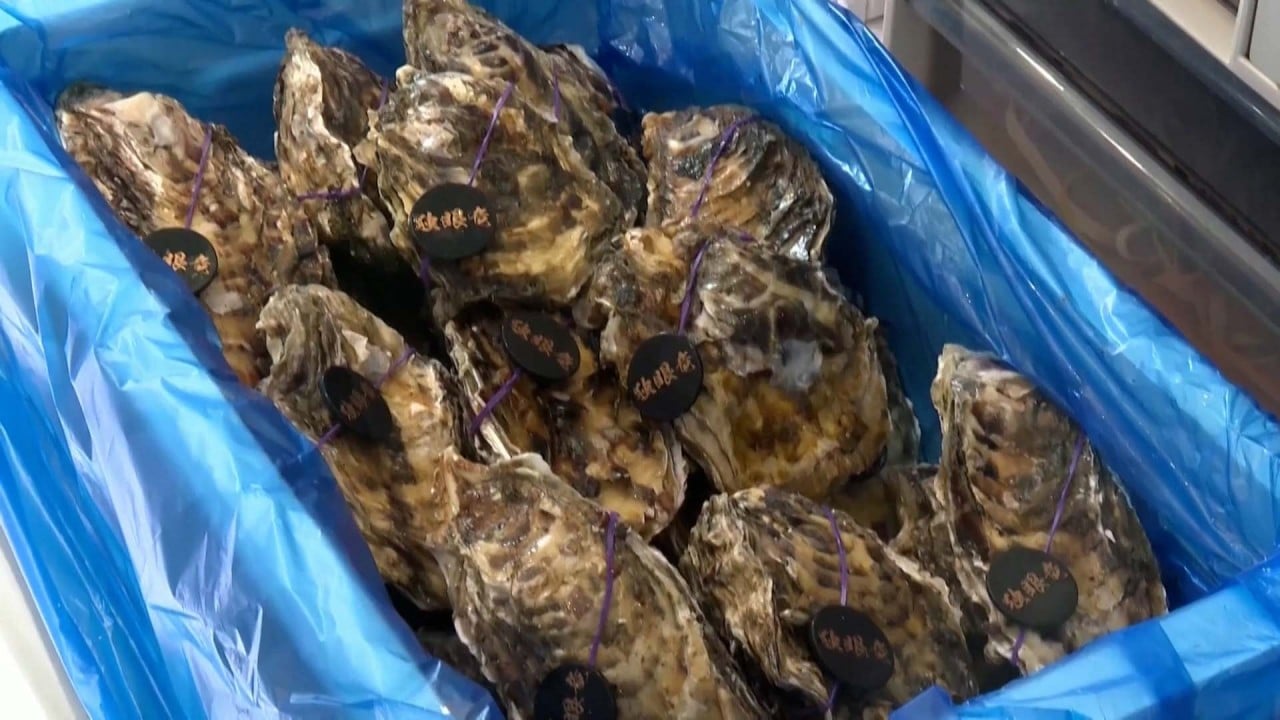China imposes de facto ban on Japanese seafood imports amid anger over Fukushima water release plan
- China’s customs agency says the plan fails to fully reflect expert opinions, with authorities vowing to take all necessary measures to ensure consumer safety
- Hong Kong will also consider banning seafood and agricultural products from ‘high-risk regions’ in Japan, says the city’s chief executive

01:19
China imposes ban on Japanese seafood over Fukushima water release plan
Faced with mounting concerns over the safety of edible imports from Japan, mainland China has vowed to take “all necessary measures” to abate the worries of its consumers.
This includes extending a ban on imports from 10 Japanese prefectures, including Fukushima, while also deciding to fully screen all shipments from other regions, instead of just spot checking, amid concerns of residual nuclear contamination.
Mainland China’s General Administration of Customs said the plan to discharge the water from the 2011 nuclear disaster “failed to fully reflect expert opinions” and that it will take “all necessary measures” to ensure the safety of Chinese consumers.
Since the Fukushima nuclear disaster in 2011, China’s customs have attached great importance to the issue of radioactive contamination of Japanese food
Food from other parts of Japan, especially edible aquatic products, will also receive “strictly 100 per cent” screening of their certification documents and be inspected.
